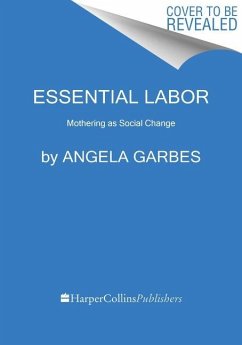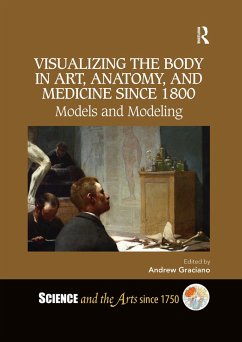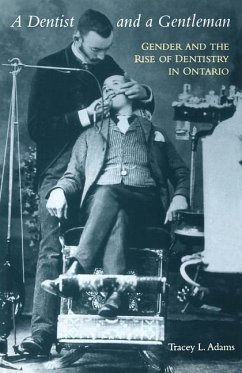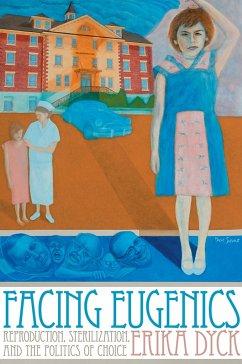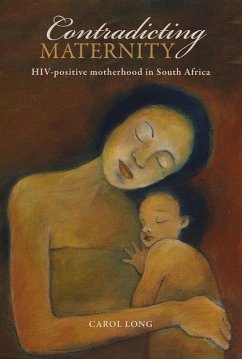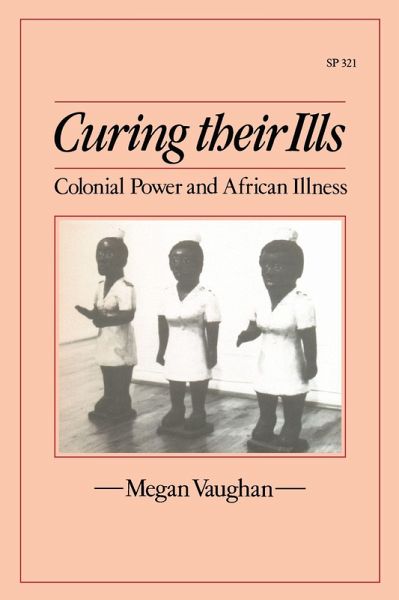
Curing Their Ills
Colonial Power and African Illness
Versandkostenfrei!
Versandfertig in über 4 Wochen
30,99 €
inkl. MwSt.

PAYBACK Punkte
15 °P sammeln!
This is a lively and original book, which treats Western biomedical discourse about illness in Africa as a cultural system that constructed "the African" out of widely varying, and sometimes improbable, materials. Referring mainly to British dependencies in East and Central Africa in the late nineteenth to the mid-twentieth century, it draws on diverse sources ranging from court records and medical journals to fund-raising posters and "jungle doctor" cartoons. Curing Their Ills brings refreshing concreteness and dynamism to the discussion of European attitudes toward their others, as it traces...
This is a lively and original book, which treats Western biomedical discourse about illness in Africa as a cultural system that constructed "the African" out of widely varying, and sometimes improbable, materials. Referring mainly to British dependencies in East and Central Africa in the late nineteenth to the mid-twentieth century, it draws on diverse sources ranging from court records and medical journals to fund-raising posters and "jungle doctor" cartoons. Curing Their Ills brings refreshing concreteness and dynamism to the discussion of European attitudes toward their others, as it traces the shifts and variations in medical discourse on African illness. Among the topics the book covers are the differences between missionary medicine, which emphasized individual responsibility for sin and disease, and secular medicine, which tended toward an ethnic model of collective pathology; leprosy and the construction of the social role of "the leper"; and the struggle to define insanity in a context of great ignorance about what the "normal African" was like and a determination to crush indigenous beliefs about bewitchment. The underlying assumption of this discourse was that disease was produced by the disintegration and degeneration of "tribal" cultures, which was seen to be occurring in the process of individualization and modernization. This was a cultural rather than a materialist model, the argument being that Africans were made sick not by the material changes to their lives and environment, but by their cultural "maladaptation" to modern life. The "scientific" discourse about the biological inferiority of "the African," traced by one school of scientists to defects in the frontal lobe, makes painful reading today; it persisted into the 1950s.




